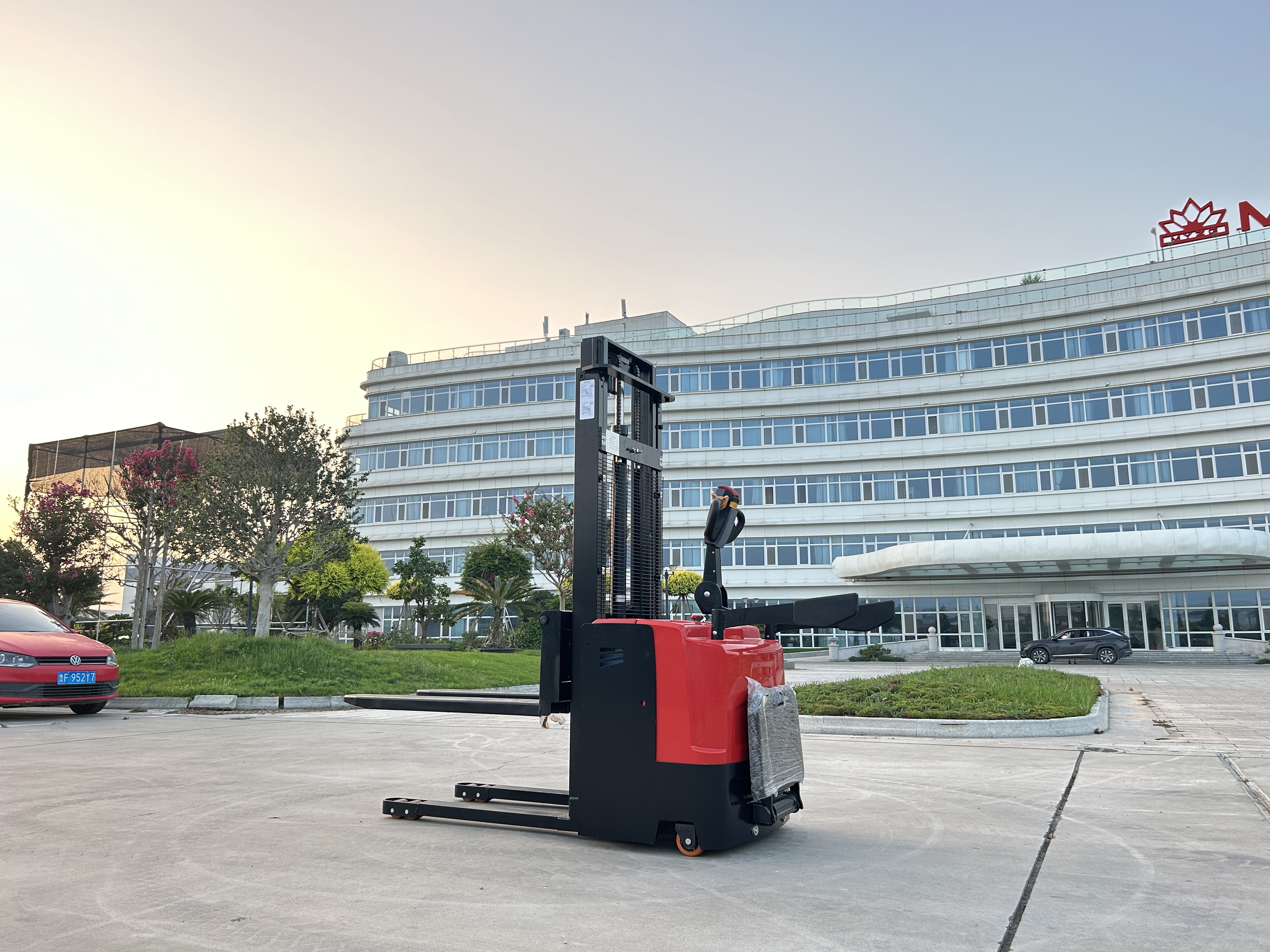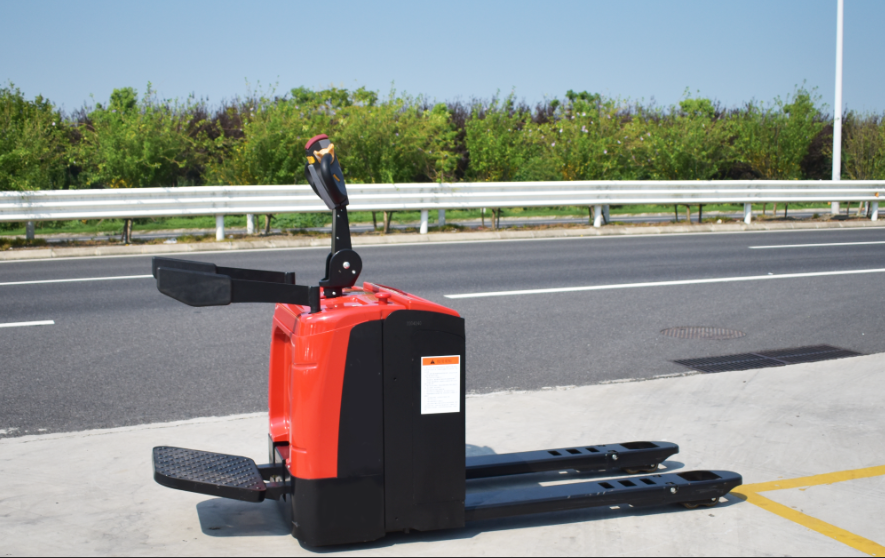The short answer is no, you generally do not need a specific license to operate an electric pallet truck. However, this doesn't mean you can operate one without any training or qualifications. The specific requirements can vary depending on your location and the type of pallet truck you're using.
Understanding Electric Pallet Trucks
Electric pallet trucks, also known as powered pallet trucks or PPTs, are essential tools in many industries, particularly warehousing and logistics.

Types of Electric Pallet Trucks
There are two primary types of electric pallet trucks:
- Walkie Pallet Trucks: These are the most common type, and they are operated by walking behind them. They are relatively easy to operate and do not require a specific license.
-
Ride-on Pallet Trucks: These trucks allow the operator to stand on a platform while operating the vehicle.
While they are more efficient for long distances, they may require additional training or certification, especially in certain regions.
Legal and Regulatory Requirements
While specific regulations can vary by country and region, here are some general guidelines:
- Occupational Health and Safety (OHS) Regulations: Many countries have OHS regulations that govern the use of workplace machinery. These regulations typically require employers to ensure that workers are adequately trained to operate equipment safely.
-
Workplace Safety Standards: Organizations like OSHA (Occupational Safety and Health Administration) in the United States and similar bodies in other countries set safety standards for workplace equipment.
These standards often include guidelines for the safe operation of electric pallet trucks.

Training and Certification
Even if a specific license isn't required, it's crucial to undergo proper training to operate an electric pallet truck safely. Training should cover the following:
- Basic Operation: How to start, stop, and maneuver the truck.
- Load Capacity: Understanding the maximum weight capacity of the truck and how to distribute loads evenly.
- Battery Safety: Proper handling and charging of batteries.
- Maintenance: Basic maintenance checks and procedures.
- Safety Procedures: Emergency stops, avoiding hazards, and safe working practices.
In some cases, employers may require additional certification or licensing, especially for ride-on pallet trucks or in industries with stringent safety requirements.
Why Training is Essential
Proper training is essential for several reasons:
- Safety: Reduces the risk of accidents and injuries.
-
Efficiency: Improves operator productivity and reduces downtime.
- Equipment Longevity: Correct operation extends the life of the equipment.
- Compliance: Ensures adherence to safety regulations and standards.
Additional Considerations
- Operator Fitness: Ensure that operators are physically fit to operate the equipment.
- Regular Inspections: Conduct regular inspections of the truck to identify and address potential issues.
- Safe Work Environment: Maintain a clean and well-lit workspace.
- Emergency Procedures: Establish clear emergency procedures and train operators on how to respond to accidents.
While a specific license may not be required to operate an electric pallet truck, adequate training and adherence to safety regulations are essential. By prioritizing safety and investing in proper training, you can ensure the efficient and safe operation of electric pallet trucks in your workplace.
Post time:Nov.11.2024
